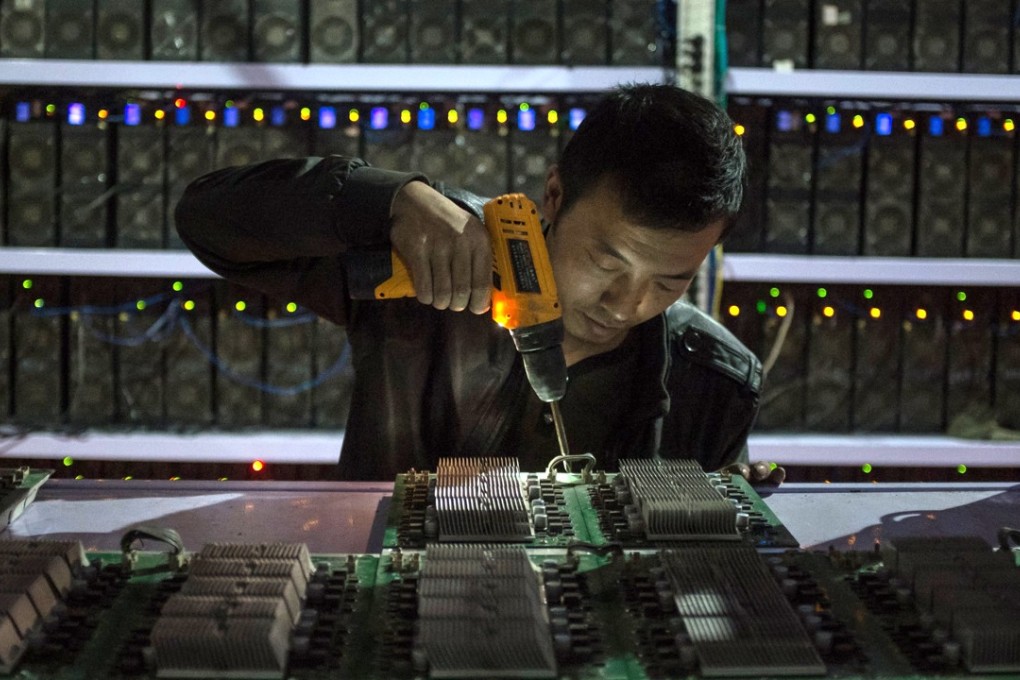China’s bitcoin miners in limbo after Beijing shuts down exchanges
Some of those hoping to cash in on the boom are having second thoughts

In a remote corner of northwest China, Wang Hongyi plans to set up a bitcoin “mining farm” with 1,000 computer servers, hoping to take advantage of low electricity and operating costs to cash in on the boom.
He’s one of many Chinese investors seeking to profit from the popularity of the digital currency, which was worth less than US$600 a year ago and peaked at US$4,950 on the first day of this month.
Nearly 70 per cent of all new bitcoin are mined in China – miners use computer hardware to find bitcoin by creating new links in its blockchain, which is essentially a huge digital ledger.
Wang’s planned farm in Gansu – one of the poorest provinces in China – will cost about 10 million yuan (US$1.52 million) to set up.
Initially he was confident he could turn a profit because the site is located right next to a hydropower station and that will cut electricity fees – a key operating cost – to about 0.25 yuan per kWh.